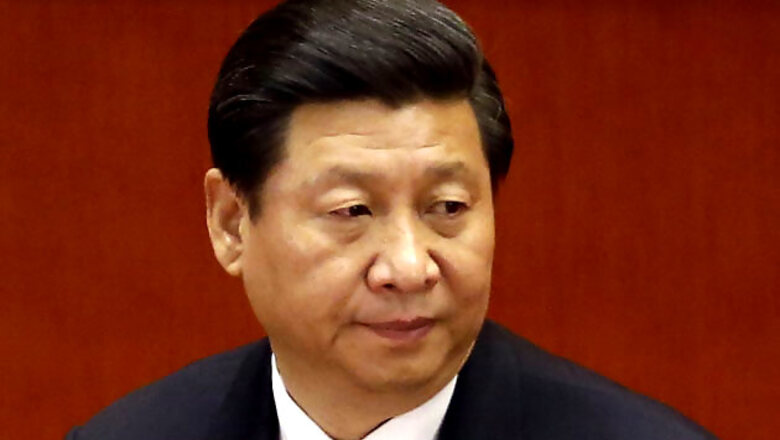
views
Beijing: China has shot down speculations that country's new leadership may ease up on the controversial one-child policy, asserting that it would continue adhering to the coercive family planning measure. China's family planning policy should be unswervingly adhered to, Wang Xia, director of the National Population and Family Planning Committee, told a conference, state-run Xinhua news agency reported.
The policy should be a long-term one and its primary goal is to keep a low birth-rate, Wang said. The authorities will expand pre-pregnancy check services to reach all county-level areas across the country and ensure migrants' equal access to related public services this year, according to Wang.
At present, such services are available in about 60 per cent of county-level areas, covering more than 80 percent of the target population, he said. Efforts should also be made to rectify the imbalance in gender ratio, he said adding that the birth rate in China was held at a low level in 2012.
Wang's assertions were in contrast to an official study in October 2012, which called for Chinese new leadership to consider adjusting its family planning policy saying that it had caused structural problems and demographic crisis in the country. Population is heading for negative growth and blamed one child policy for ultra-low fertility rate resulting in related problems of ageing population, gender imbalances, urbanisation, an expanding shortage of migrant workers the China Development Research Foundation (CDRF), an official think tank said in a report.
The family planning policy was introduced around 1980 by the Communist Party to rein in China's surging population by encouraging late marriages and pregnancies, as well as limiting most urban couples to one-child and most rural couples to two children. Officials claim that the policy had prevented about 400 million births, pegging the country's population to about 1.3 billion.
Expectations were high that the new leadership headed by Xi Jinping who is scheduled to take over as President in March would change the one child policy. The report said as a result of the one child policy, annual growth rate of the population has declined, slowing to 0.57 percent in the first decade of the 21st century, down from 1.07 percent in the previous ten years.
China has about 185 million people above the age of 60, or 13.7 percent of the population at present. The figure is expected to surge to 221 million in 2015, including 51 million "empty nesters," or elderly people whose children no longer live with them.
The CDRF said the government should gradually loosen the one-child policy over the next three years in regions where family planning has been strictly implemented. By 2020, there will be no need to continue birth planning, as people will make more rational decisions on birth issues, said the CDRF said.




















Comments
0 comment